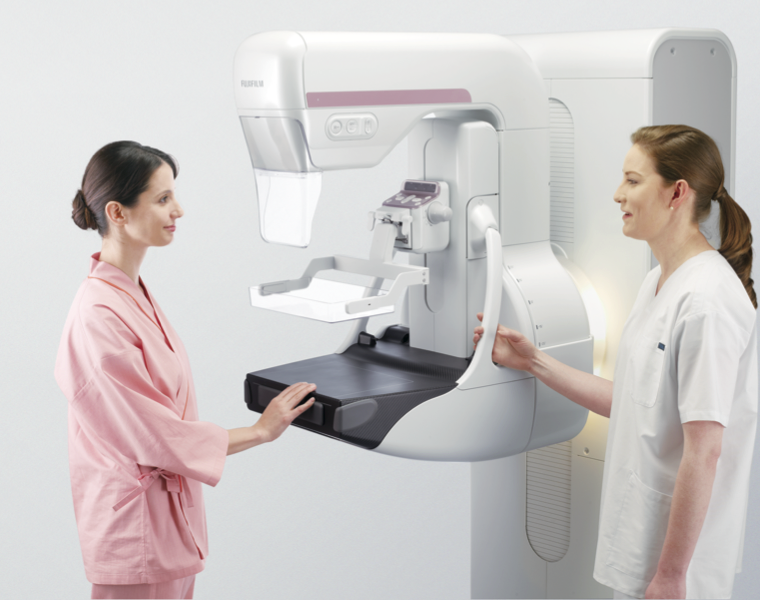
July 8, 2015 - An in-depth review of randomized trials on screening for various cancers, published in the Journal of the Royal Society of Medicine, shows that the benefits of mammographic screening are likely to have been overestimated. This overestimation results from the use of an unconventional statistical method which differs from that used for other cancer screening trials, concludes the paper co-authored by researchers at King's College London and the University of Strathclyde Institute of Global Public Health at iPRI, France.
The review examined screening methods for breast, colorectal, cervical, prostate and lung cancers.
Started in the 1960s and 70s, the Swedish randomized trials suggested that mammography screening could reduce breast cancer mortality by 20-25 percent in populations where screening is widespread. These findings were, and remain, extremely influential in decisions taken to establish population breast cancer screening programs using mammography.
The goal of cancer screening is principally to reduce the mortality from the disease in question by enabling cancers to be found at an early stage. Early detection reduces the risk of being diagnosed with an advanced cancer that is often deadly. In 2002, the World Health Organization (WHO) recommended that when population screening for breast cancer was implemented in any region, the rate of advanced breast cancers should be monitored: If the program is successful, these rates should show a fall over time, indicating that mammography screening is contributing effectively to reducing breast cancer mortality. Moreover, with increased screening, more rapid and more pronounced falls in breast cancer mortality would be expected in countries that implemented mammography screening programs at the end of the 1980s than in countries that implemented programs ten to fifteen years later.
"Contrary to expectations, numerous studies in North America, Europe and Australia have shown that the rates of advanced breast cancer have not declined in countries where most women regularly attend mammography screening" observed Prof. Philippe Autier, lead author from University of Strathclyde Institute of Global Public Health at iPRI. He went on to note that "other studies have shown that declines in breast cancer mortality were the same in countries that implemented mammography screening end of the 1980s as those that did so ten to twenty years later. The absence of differences in mortality reductions could not be explained by differences in access to modern therapies."
Prof. Richard Sullivan, from the Institute of Cancer Policy, King's College London, observed that "these findings were in sharp contrast with screening for cervical and colorectal cancers, two cancers for which studies have clearly shown the capacity of screening to reduce the numbers of advanced cancers in populations. This has major implications for policy-makers in middle income countries who are now making decisions about where to prioritize cancer screening efforts."
These discrepancies led Autier and his colleagues to undertake an in-depth review of all randomized trials of cancer screening. He concluded that "if the Swedish trials had used similar statistical analyses to other cancer screening trials, reductions in the risk of breast cancer death associated with mammography screening would have been much smaller, probably less than 10 percent."
"The reduction seen in the mortality from breast cancer in many countries is one of the major contributions to cancer control in recent times" noted Peter Boyle, professor and director of the University of Strathclyde Institute of Global Public Health at iPRI. "Many factors have contributed to this success, including earlier presentation and better diagnosis, as well as major improvements in the organization of care (multidisciplinary teams) to specific improvements in surgery, radiotherapy and chemotherapy/endocrine therapy. Currently, assessment of the impact of mammographic screening programs cannot be made without taking advances in breast cancer treatment into account."
For more information: www.jrs.sagepub.com


 February 23, 2026
February 23, 2026 









